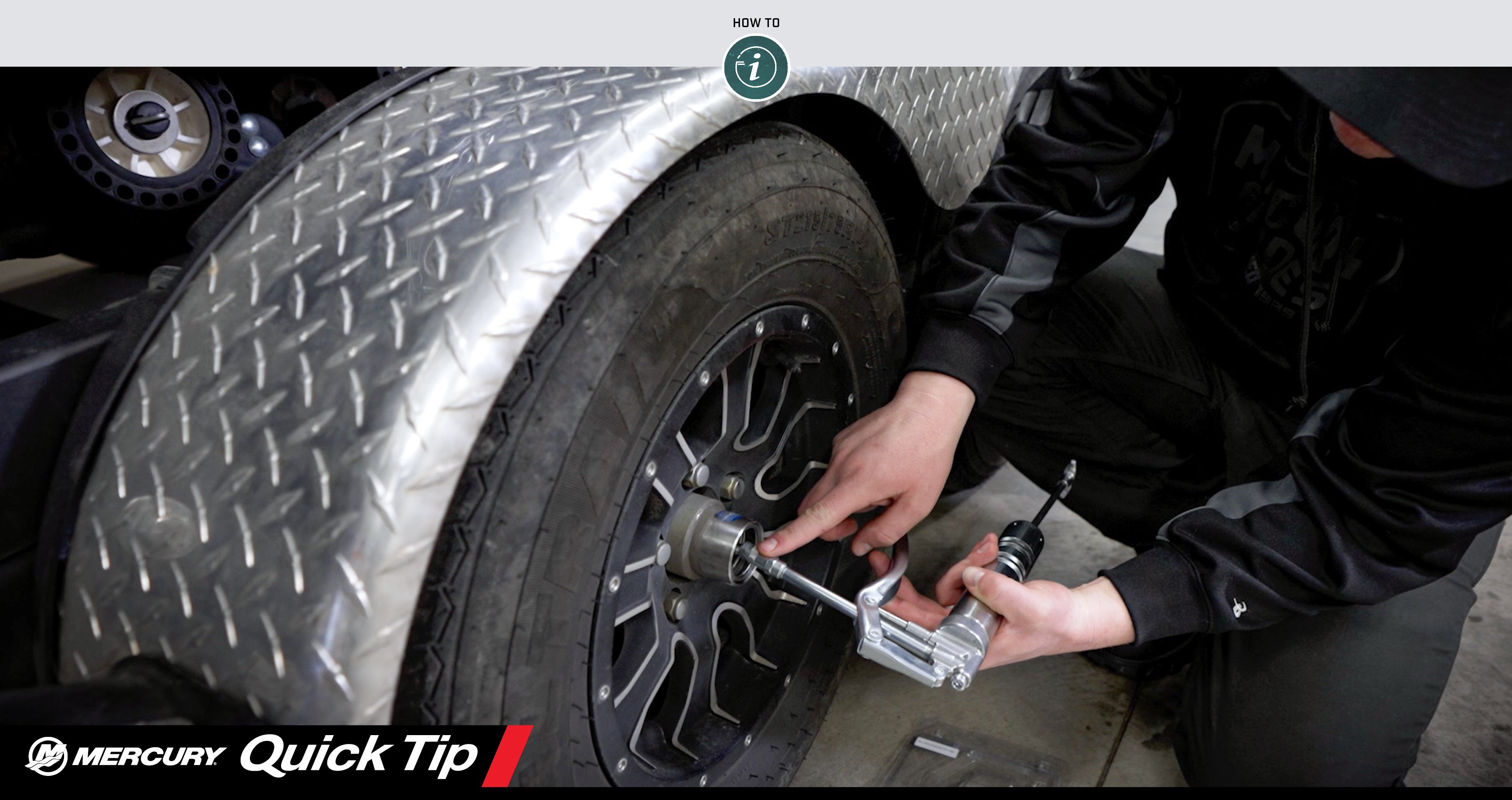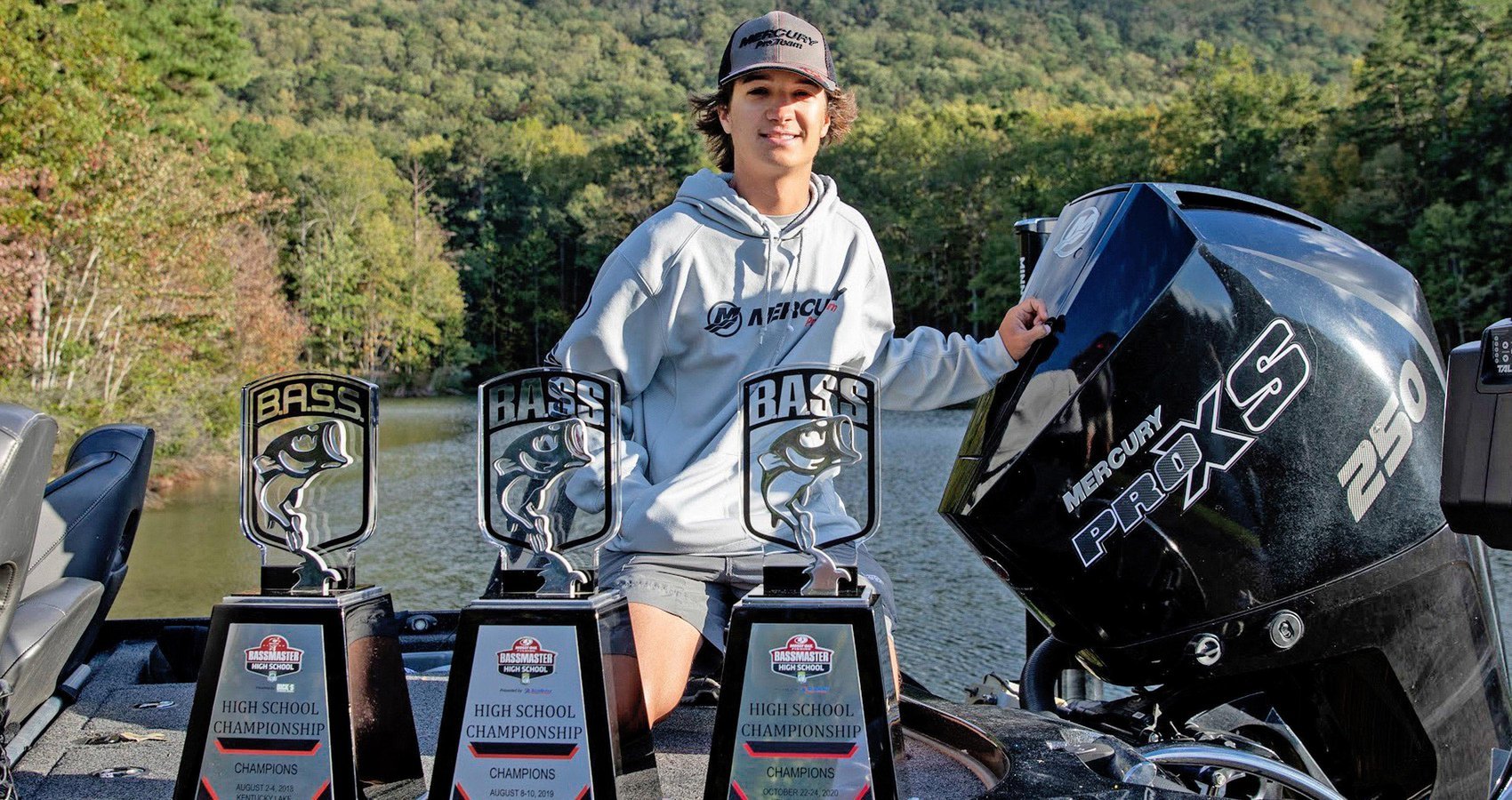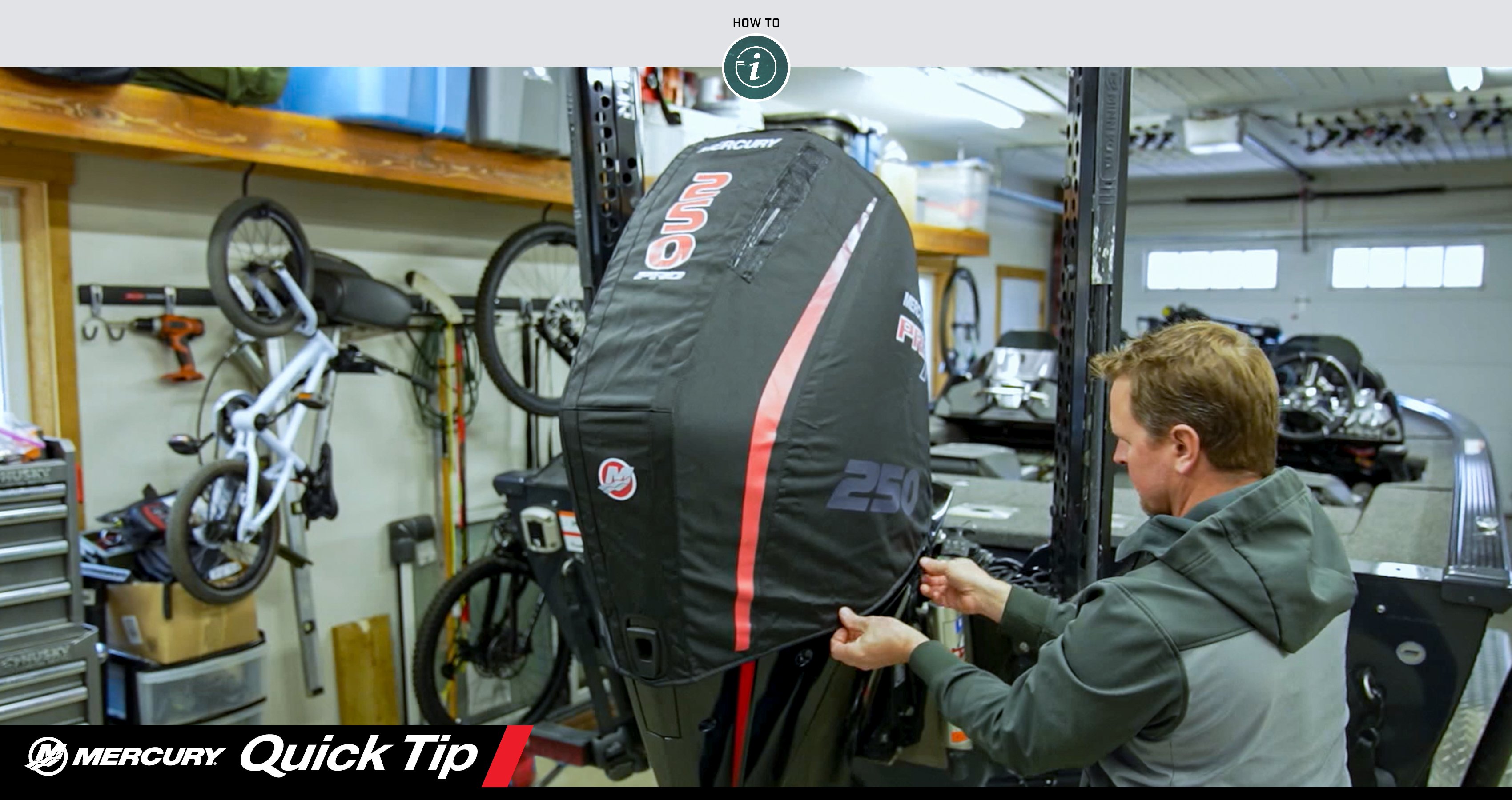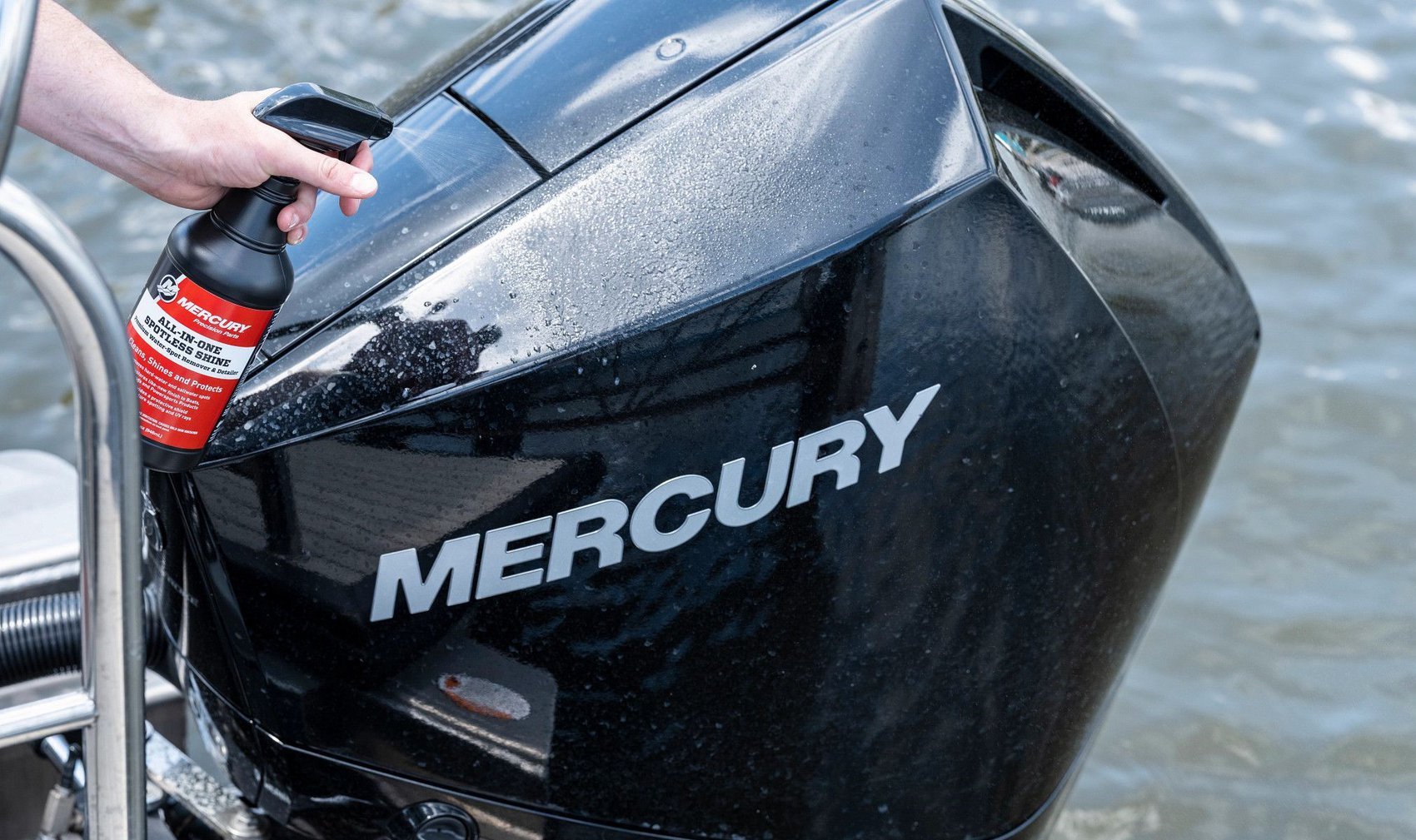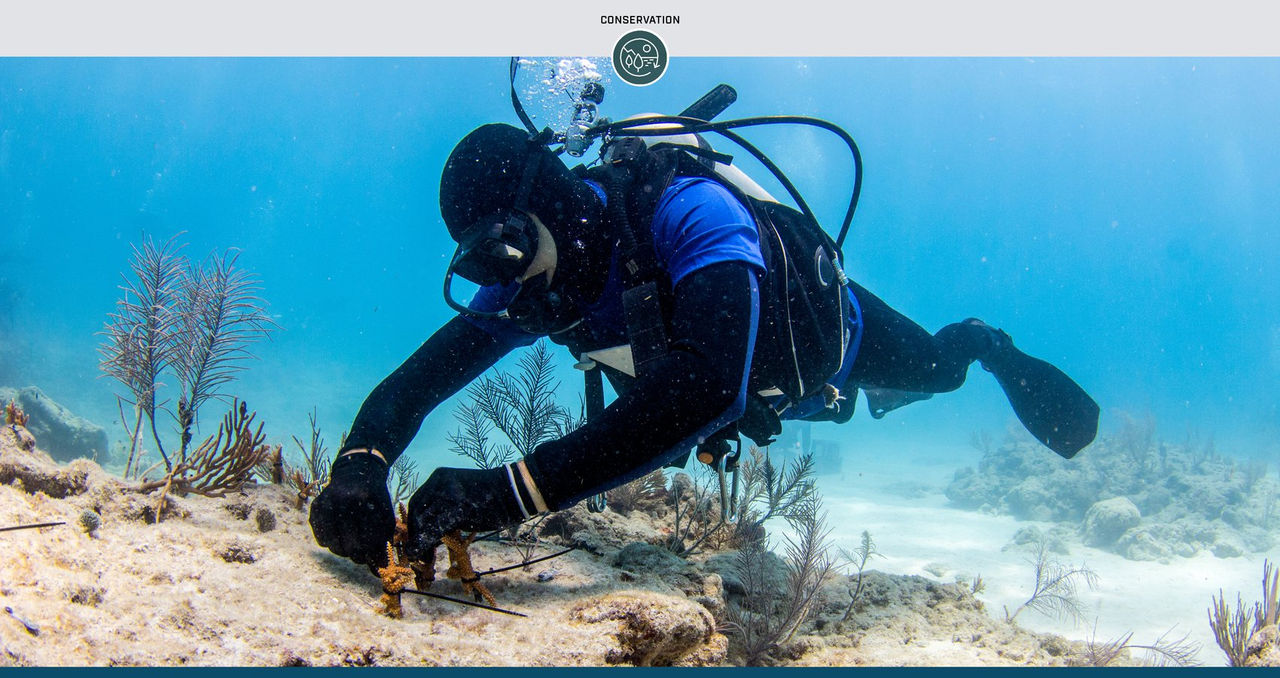Coral reefs form some of the largest and most important ecosystems on Earth. According to the U.S. National Oceanic and Atmospheric Administration® (NOAA), about 25 percent of ocean fish depend on healthy coral reefs to survive. Because they are home to myriad diverse and beautiful aquatic plants and animals, coral reefs also provide an endless source of wonder and pleasure for boaters and divers. Unfortunately, today’s coral reef ecosystems are endangered by multiple threats, including climate change, storms, diseases such as stony coral tissue loss disease (SCTLD) and ocean pollution. These stressors can lead to coral bleaching and, ultimately, death.
A Mercury Marine® grant recipient, Mote Marine Laboratory & Aquarium®, an independent, non-profit research institution based in Florida, is actively working to combat these threats against coral. Mote’s Coral Reef Restoration Program develops and applies science-based strategies with the goal of restoring depleted coral reefs in our lifetime. Mote researchers help to optimize reef restoration by using diverse coral genotypes (genetic varieties), prioritizing native genetic varieties that can resist SCTLD and other stressors such as increased water temperature and ocean acidification.
Mote’s coral reef restoration efforts are based out of the institution’s Elizabeth Moore International Center for Coral Reef Research & Restoration on Summerland Key in the Florida Keys. There, Mote scientists cultivate diverse corals for restoration and research in the lab’s land-based coral nurseries and in underwater nurseries where corals are grown on PVC “trees.” Since 2008, Mote scientists have planted more than 140,000 corals of multiple native species and hundreds of genotypes in order to restore depleted reefs.
Mote’s Coral Reef Science and Monitoring program conducts a wide variety of research aimed at better understanding the environmental factors that influence coral reef health. Mote scientists have drawn on their professional experience and on NOAA research to offer these five tips that boaters can follow to help conserve coral reef ecosystems.
- If you boat regularly in Florida, Hawaii, Puerto Rico, The Bahamas, the Caribbean or other waters that have coral reef systems located in shallow coastal waters, or you are planning a cruise in any of these areas, start by studying the local navigation charts to familiarize yourself with the reef formations. Also, research the local marine life and environmental issues in the area.
- Check the tide tables before boating in a coral reef environment so you have less chance of accidentally running aground. If you do run aground, do not try to use your motor to power off of the reef, as it will almost certainly cause additional damage. Switch off the motor and trim it up. If you cannot float your boat off of the reef, stay put and contact a towing or salvage company for assistance. Take note of your GPS location and be sure to notify the appropriate agency if any coral reef damage should occur.
- Never anchor on or near a coral reef as your anchor could damage or kill living coral organisms. Use polarized sunglasses when boating to scout for shallow areas where reefs may be close to the surface and avoid those areas. Tie up to a mooring ball when available, or anchor well away from the reef. As a double-check, jump in the water before dropping the anchor and use a snorkel mask to confirm you are over a sandy or rocky bottom and not coral.
- When diving or snorkeling on or near a coral reef, secure all dive equipment to limit accidental harm to the coral. Never touch or attempt to remove coral. Even if you don’t break it, the oils from your fingers can damage or kill it. Some species of coral, such as fire coral, also can harm you!
- Use the “leave no trace” method when boating, fishing or diving near a coral reef system in order to reduce marine debris. Don’t throw anything into the water, and if you come across plastic bags, balloons, water bottles, etc., and can safely remove them to store for disposal ashore, please do so.
If you regularly go boating in the Florida Keys and want to get involved in the effort to help conserve coral reef systems, check out Mote’s BleachWatch coral reef monitoring and assessment program. Once trained, you can help to report bleaching conditions in order to contribute to science and monitoring of Florida’s coral reef!
For more information on Mote Marine Laboratory, visit mote.org.
Mercury Marine is a registered trademark of Brunswick Corporation. All other trademarks are the property of their respective owners.
